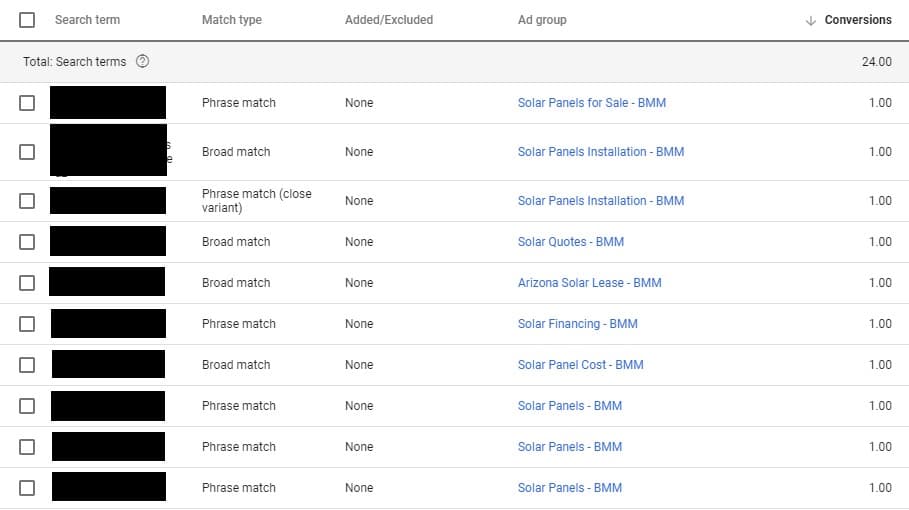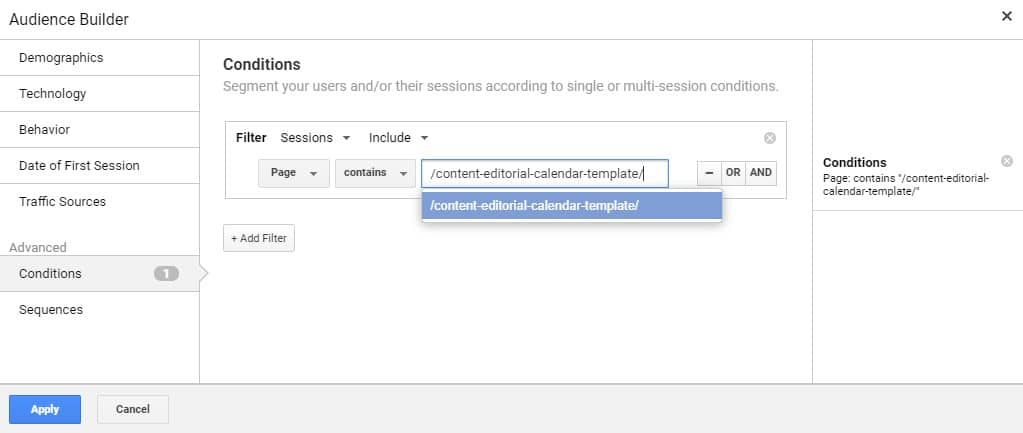The debate will likely live on forever: SEO vs. PPC, where should your marketing dollars go? Somehow, we’ve created a mindset that these two are separate, but the fact is, digital marketing strategies are more successful when they work together.
The days where your SEO and PPC teams sit on opposite sides of the wall are long gone. Now is the time to combine forces for the betterment of your business – and here’s how you can do it! Read our top 3 ways to start bridging the gap between SEO and paid media teams:
1. Start sharing data with the team
Understanding which keywords your audience use when searching is crucial to any successful digital marketing strategy. Free keyword estimation tools like Google’s Keyword Planner are a great way to measure search volume, but it only scratches the surface. Your PPC and SEO teams need to be sharing keyword research to maximize the performance of both campaigns.
The days where your #SEO and #PPC teams sit on opposite sides of the wall are long gone.
If you’re running PPC campaigns, you can expedite the research process by exporting search term reports and sharing it with your SEO team to see what keywords are leading to the most conversions. Combine the search query data with organic engagement metrics like bounce rates and pages/session and now you have powerful information that can support both paid and SEO’s efforts!
Both teams heavily invest in keyword research. By not sharing findings, you’re leaving conversions on the table. Do your PPC and SEO teams share the results of their campaigns with each other?
2. Take up more real estate in the SERPs
It’s no secret that appearing more often in the SERPs gives you a better chance of users clicking through to your web page, but how much of a better chance exactly? With the power of connecting Google Analytics, Search Console, and Google Ads, we’re now able to quantify the impact your company created by showing in more than one search result. Let’s take an example of our education client’s non-brand terms.
For all non-brand search queries, organic listings had a 3% click-through rate, but when a paid ad was present, organic click-through rate increased by 23%! If you’re averaging 100,000 organic clicks a month, that’s an incremental 23,000 visitors you would gain just by being present in both paid and organic results.
What kind of impact would an additional 23% of organic traffic have on your business? In the case of our education client, it was a difference in millions of dollars.
Do your PPC and SEO teams check each other’s average positions? By communicating performance, you can optimize budgets based on SERP rankings and ultimately maximize your search revenue.
3. Leverage organic traffic with remarketing lists
Traffic coming from different sources varies in behavior based on their stage in the customer journey. For example, awareness campaigns on the Google Display Network generate top-of-funnel users versus direct traffic who are lower funnel and more likely to purchase. The same goes for the traffic being generated through your SEO efforts.
By not sharing findings, you’re leaving conversions on the table. Do your #PPC and #SEO teams share the results of their campaigns with each other?
Whether your SEO strategy is filling content gaps with blog posts or large-scale link building campaigns, it’s important to connect with the PPC team so they can retarget traffic based on their engagement. Instead of taking a blanketed approach and retargeting all website traffic, the paid team can create highly segmented audiences based on actions that users take like visiting certain blog posts.
Does your PPC team know what pages the SEO team is driving traffic to? If not, we recommend they start asking.
If you’re an SEO expert, PPC ninja, or company trying to put it all together, you can’t deny that there’s more money to be made when you strategically collaborate and share data.
We at Vertical Measures try to break the barrier between paid and organic, and instead call it what it really is: search. People use Google to ask questions; the most important thing is that you’re there to answer them.
The Beginner’s Guide to Content Promotion
Go beyond pressing “Publish” on your content and understand how to create a strategic paid promotion plan that will get your content in the eyes of people that matter.
The post 3 Ways PPC and SEO Teams Can Collaborate appeared first on Vertical Measures.
Related Stories
source https://www.verticalmeasures.com/blog/ppc-advertising/3-ways-ppc-and-seo-teams-collaborate/
source https://derekpackard.com/3-ways-ppc-and-seo-teams-can-collaborate/




No comments:
Post a Comment